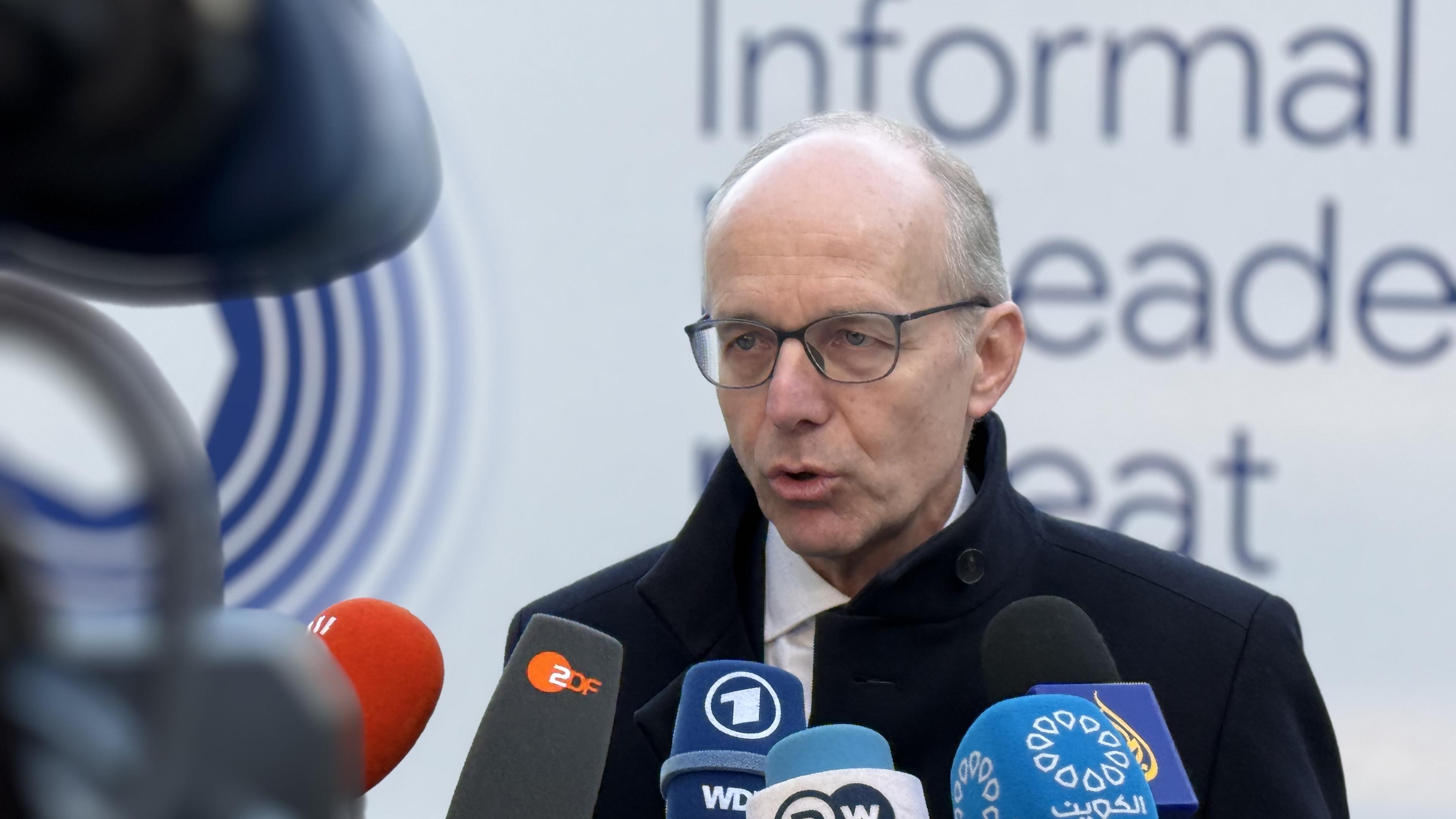
Frieden Supports French Initiative for EU-Manufactured Arms Policy
In a decisive move to bolster European defense capabilities, Luc Frieden, a senior Luxembourgish politician, has voiced his strong support for a French-led initiative aimed at increasing arms production within the European Union. This policy, pitched by France, seeks to ensure that the EU reduces its reliance on non-European weaponry by establishing a more self-sufficient defense industry. As geopolitical tensions see an uptick around the globe, this shift in strategy underscores a move towards greater autonomy in defense and security matters, aimed at fortifying the bloc's collective strength.
Understanding the French Initiative
The French proposal emphasizes the importance of producing arms within the EU's borders, thereby decreasing dependency on foreign manufacturers. Europe has historically relied on arms producers from the United States and other non-EU regions. However, with changes in the global security landscape, the need for a more autonomous defense mechanism becomes ever more apparent. By enhancing EU-wide collaboration and investing in local arms manufacturing, the initiative seeks to create a more unified and robust defense strategy that fortifies the EU’s global standing.
The Economic and Technological Impact
A shift towards EU-manufactured arms is expected to have significant economic implications for the region. The policy could potentially lead to the creation of thousands of jobs, thus stimulating economic growth. Furthermore, by centralizing technological innovation within the EU, this initiative could position Europe as a leader in next-generation defense technologies. Not only will this improve security, but it will also enhance the EU's competitiveness on the global stage.
From technological advancements in artificial intelligence (AI) to cybersecurity systems, an EU-focused arms industry could spur new innovations, attracting talent and investment to the region. This local production can ensure more rapid development and deployment of advanced defense capabilities, making the EU a formidable player in international arms markets.
Geopolitical Reasons Behind the Policy
In recent years, the EU has witnessed numerous geopolitical shifts that highlight the need for autonomous defense capacities. With threats emerging from various regions, including matters pertaining to cybersecurity and physical warfare, a reevaluation of defense strategies is warranted. Frieden's support for the French initiative underscores a recognition of these security challenges and the necessity for a coordinated response.
Enhancing EU's Strategic Autonomy
By aligning with the French vision for EU-manufactured arms, Luxembourg and other member states aim to strengthen the EU's strategic autonomy. This self-reliance ensures not only a quicker response to emerging threats but also allows the EU to project its defense capabilities independently on the global stage. An independent defense framework affords member states greater flexibility in foreign policy decisions, free from the influence of non-EU defense suppliers and partners.
Bolstering Unity Among Member States
This initiative could serve as a binding force, encouraging cooperation among member states. By pooling resources and expertise, the EU can build a more integrated and cohesive defense strategy. Strengthening ties through a shared objective of self-reliance in arms production can lead to greater unity, reducing political divisions within the bloc. This unity is essential for addressing cross-border challenges and ensuring collective security.
Challenges and Considerations
While the idea of EU-manufactured arms is promising, it also comes with a set of challenges. The establishment of a comprehensive and efficient arms manufacturing infrastructure requires substantial investment and coordination. Ensuring that all EU nations agree on the parameters of arms production and distribution is critical to the plan's success.
Overcoming Regulatory Hurdles
Regulatory constraints pose one of the most significant hurdles for implementing this policy. Each member state has its own set of regulations regarding arms production and distribution, leading to potential conflicts. Harmonizing these regulations across the EU to ensure a seamless manufacturing and supply chain is a complex but necessary step. This requires extensive negotiation and consensus-building to create a unified regulatory framework.
Balancing National Interests
Balancing national interests with the collective goals of the EU remains a challenge. Each member state may have varying defense needs and priorities, which could complicate policy implementation. Achieving a balanced approach that caters to individual states while reinforcing EU-wide objectives is imperative for maintaining solidarity and cooperation within the bloc.
The Road Ahead
The journey towards establishing an independent, EU-based arms industry is a long-term project that requires sustained commitment from member states. It involves not only creating production capabilities but also fostering a culture of innovation and collaboration across national borders. The successful realization of this vision will depend heavily on political will, economic investment, and technological advancement.
Future Prospects and Global Implications
Yet, the potential benefits outweigh the challenges. An EU-manufactured arms policy could lead to a more resilient and unified bloc, better equipped to face future security challenges. By setting a precedent for regional self-reliance, the EU may inspire similar initiatives in other parts of the world, potentially reshaping the global defense industry landscape.
Frieden's support marks a vital step towards realizing this ambitious vision. As the EU navigates uncertain waters in an increasingly fragmented global environment, the strategic push for self-sufficiency in arms manufacturing could serve as a blueprint for other sectors, reinforcing the EU's position as a formidable and autonomous global player.


